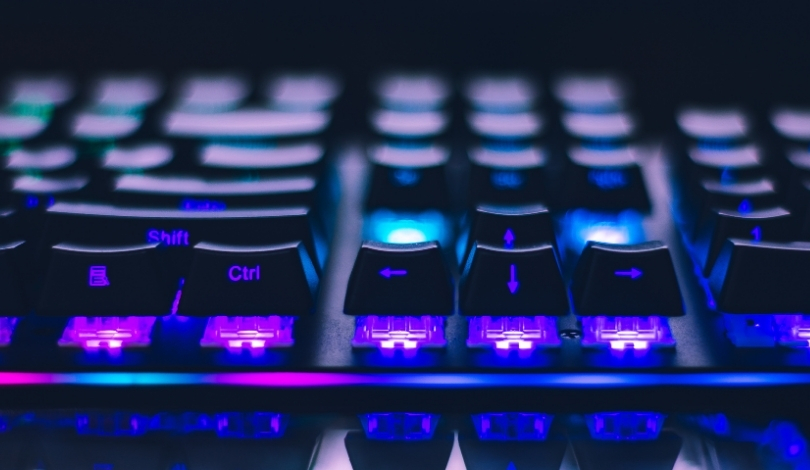Discord has rolled out a new age verification system for users in the United Kingdom and Australia. This initiative requires individuals to confirm their age using facial recognition or by submitting a government-issued ID. Beyond enhancing platform safety, this move aligns with stringent local regulations aimed at protecting younger audiences from inappropriate content.
Earlier implementations of age verification by other platforms primarily relied on self-reported data, often leading to inconsistencies and potential misuse. Discord’s adoption of biometric and ID scanning marks a significant shift towards more reliable verification methods. This evolution highlights the increasing importance placed on digital safety and regulatory compliance in the tech industry.
How Does Discord’s Age Verification Work?
When accessing sensitive content, users may be prompted to verify their age through one of two methods. The first option involves a face scan using the device’s camera, while the alternative requires scanning a QR code that directs users to upload a scan of their government-issued ID. Following the submission, Discord sends a direct message confirming the verification status.
What Are the Regulatory Drivers Behind This Change?
The introduction of stricter age verification stems from recent legislative changes in the UK and Australia. The UK’s Online Safety Act enacted in 2023 mandates robust age limits for platforms hosting explicit content. Similarly, Australia’s ban on social media usage for individuals under 16, set to take effect in December 2025, underscores the global trend towards safeguarding minors online.
How Are Privacy Concerns Being Addressed?
In response to privacy apprehensions, Discord has stated,
“The information you share to power the age verification method that you choose is only used for the one-time age verification process and is not stored by Discord or its vendor.”
For face scans, the verification occurs on-device without storing biometric data, and ID scans are deleted post-verification. Despite these assurances, some digital rights groups remain skeptical about the implications for online privacy.
The age verification process currently utilizes services from k-ID and Veratad, companies specializing in identity verification technologies. These partnerships aim to ensure compliance with international privacy standards while providing a secure verification experience for users. As regulatory demands evolve, Discord’s approach may serve as a model for other platforms navigating similar challenges.
Implementing robust age verification measures positions Discord as a proactive entity in the realm of online safety. By addressing both regulatory requirements and user privacy, the platform seeks to balance accessibility with protection. Users may find value in understanding the verification process, ensuring their digital interactions remain secure and appropriate.










